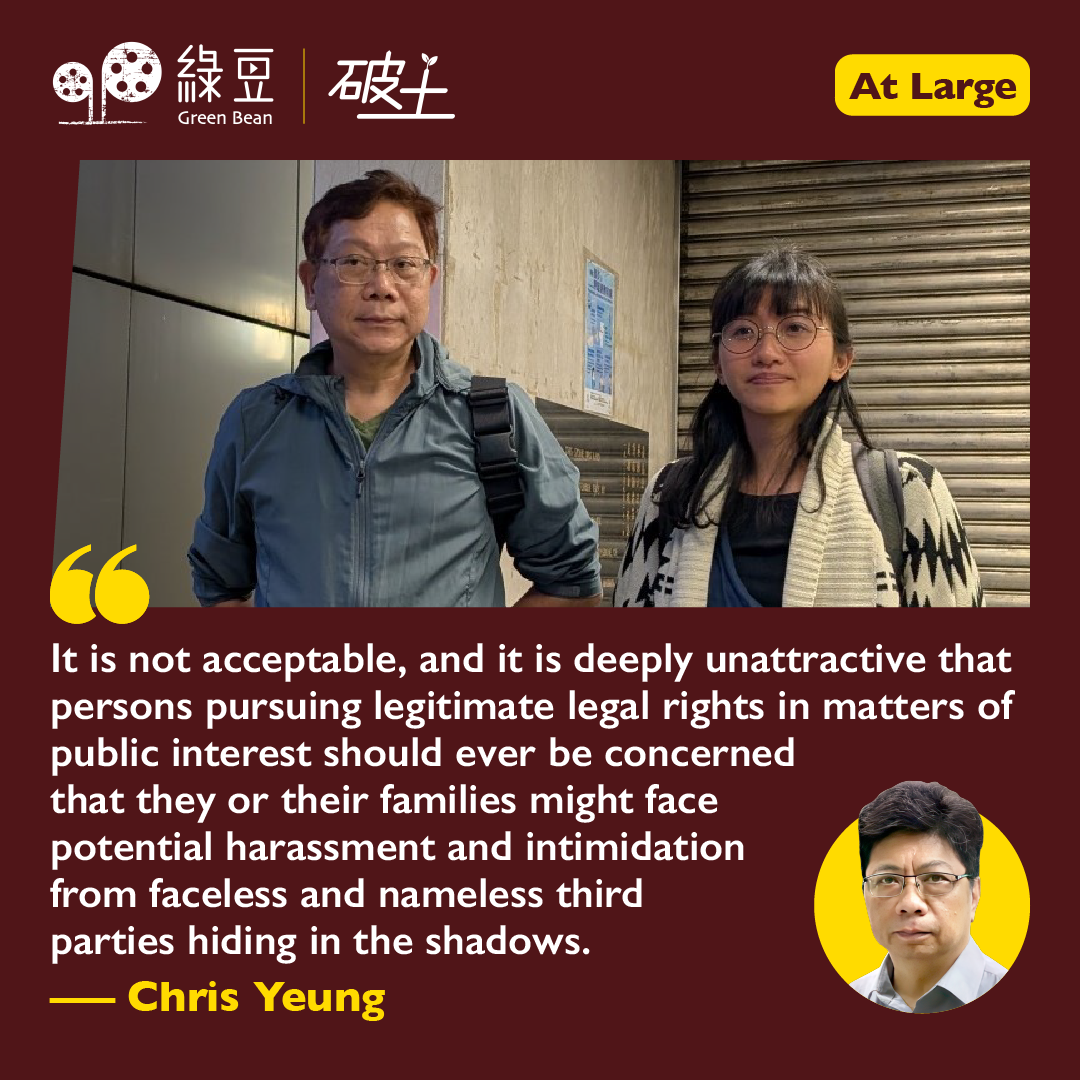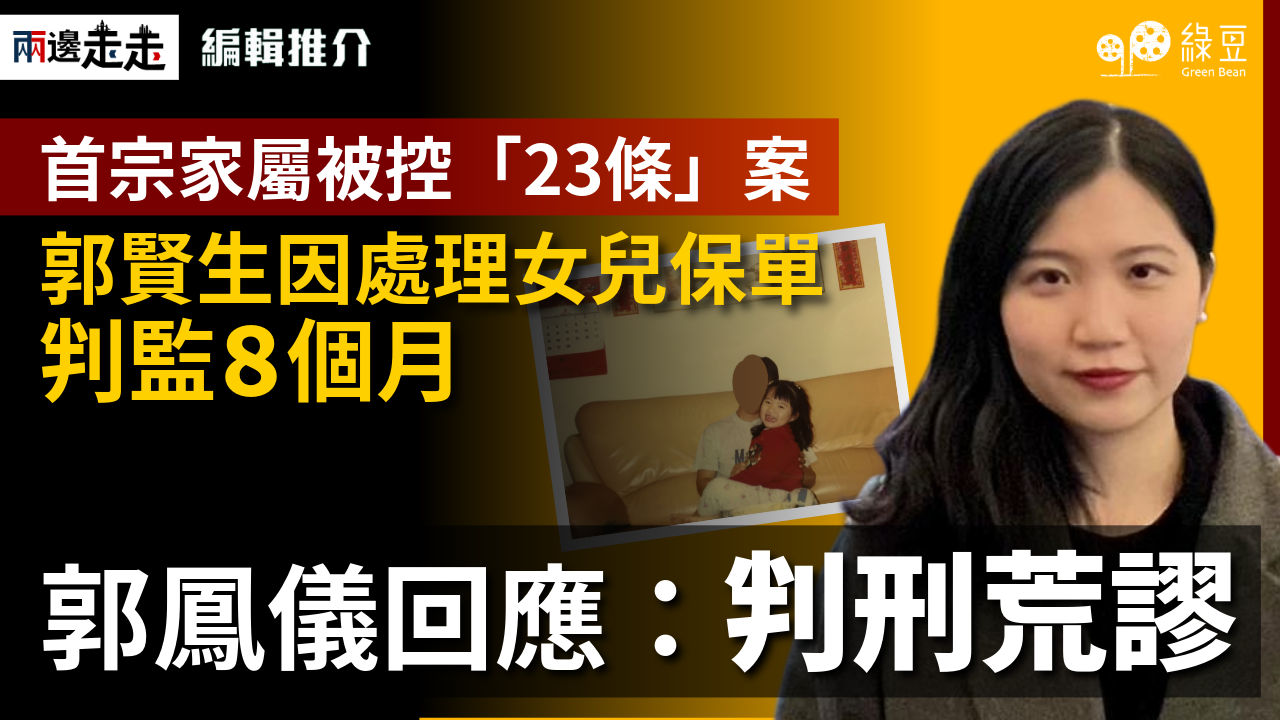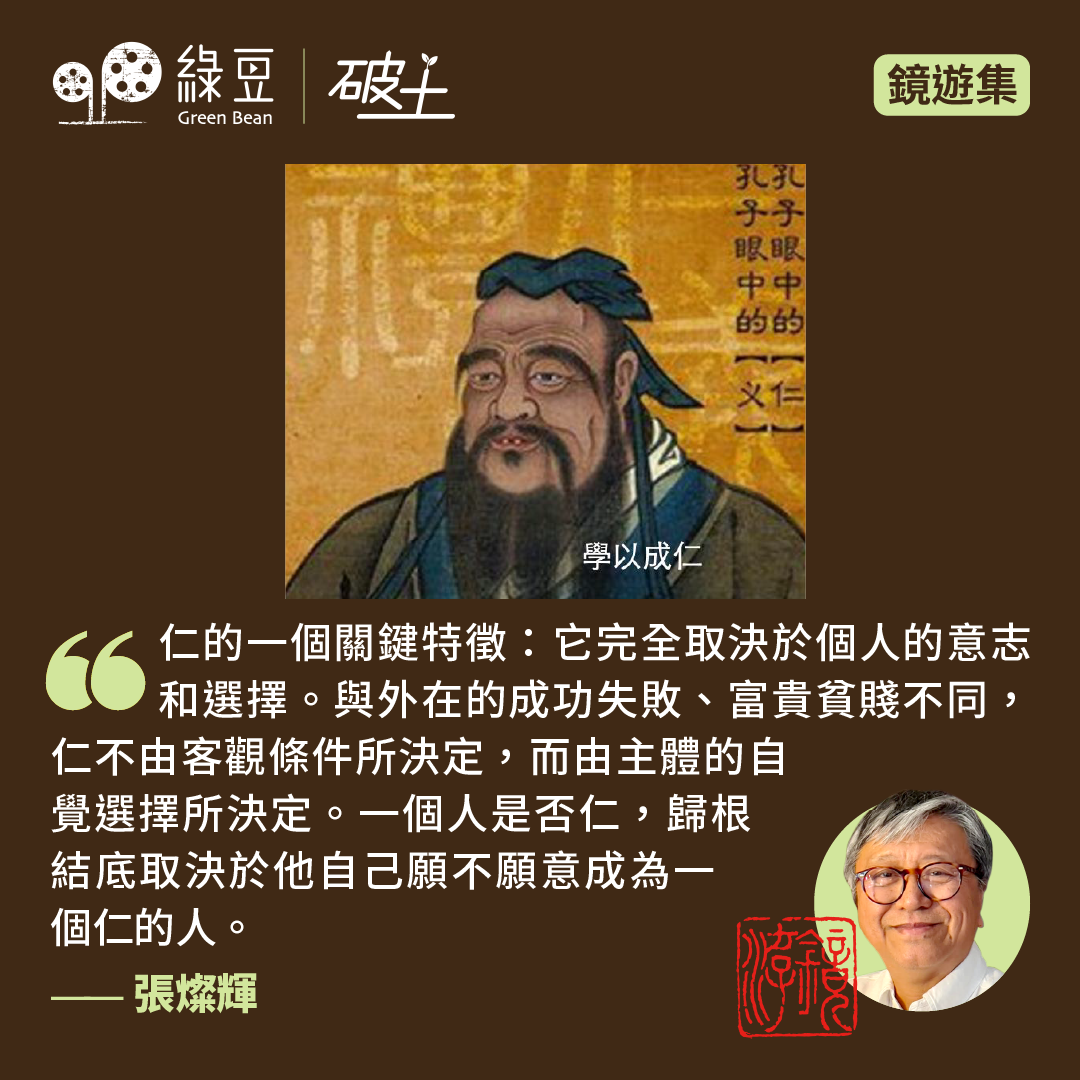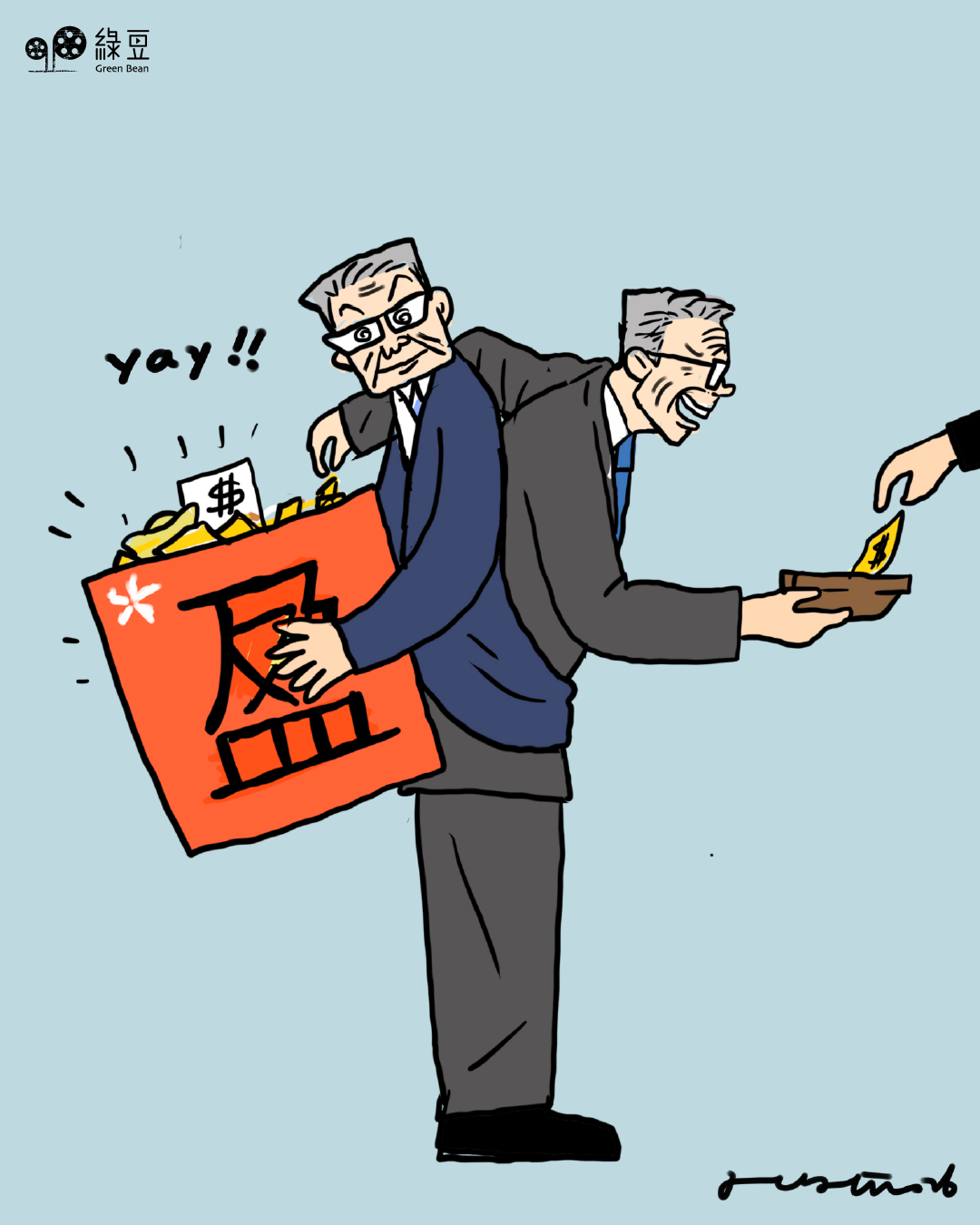Harassment from the dark worrying

A Hong Kong High Court judge on Friday (April 11) spoke against harassment from those hiding in the shadows of people exercising their legitimate legal rights of public interest.
Mr Justice Russell Coleman underlined his concern as he dismissed a judicial challenge against the Government’s approval of an environmental study of a technology project, which is an integral component of the Northern Metropolis development mega plan.
He rejected the request of the applicant, Eddie Tse Sai-kit, to have another activist take over his case, saying there was insufficient basis for Debby Chan Ka-lam, a former district councilor, to proceed with the judicial review in his absence.
Tse was earlier granted approval of the challenge, but later told the court he had abandoned it “with utmost regret” after he was refused legal aid and became a target of “widespread harassment and intimidation.” He said his family also suffered from mail threats and online doxxing.
After dismissing Tse’s request in his written ruling, Justice Coleman denounced the conduct of Tse’s harassers as insidious and unacceptable. But he noted that most online allegations made against Tse, a social worker, arose from “other aspects of the applicant’s circumstances” rather than his legal bid.
Following Tse’s attempt to challenge the Government, he faced allegations of lying about old-age allowance and public rental housing application.
The harassments
The judge wrote the main reason for Tse to withdraw his case was to avoid bearing the Government’s legal expenses in the absence of legal aid should his bid fail.
Coleman added, “It is not acceptable, and it is deeply unattractive that persons pursuing legitimate legal rights in matters of public interest should ever be concerned that they or their families might face potential harassment and intimidation from faceless and nameless third parties hiding in the shadows.”
“Nevertheless, however unattractive it was, and even bearing in mind the insidious nature of such activity and the pressures it might inflict, I do not think the harassment described by the applicant in his evidence was necessarily performed specifically in order to cause the applicant to withdraw from these proceedings,” the judge said.
Why Tse dropped his application is a matter for him to explain if he wishes to. The judge and the public are entitled to their own interpretation.
What appears to be clear is that Tse and his family had become a subject of “harassment and intimidation from “faceless and nameless third parties hiding in the shadows” after he lodged a judicial challenge against the Government.
Debby Chan, who had agreed to carry on Tse’s withdrawn case, told reporters on Friday she and her family had received anonymous harassment letters and emails. She was victimised by misinformation on social media.
For obvious reasons, it is difficult to get a full picture of the problem of harassment and intimidation from those hiding in the dark. Some victims may prefer keeping those harassment in secret for fearing that making them open may be counterproductive. And worse, more harassment.
More signs of harassment is worrying
More signs of harassment, via online platforms or in other means, have emerged, nevertheless. And this is worrying.
Last September, the Hong Kong Journalists Association told a press conference dozens of Hong Kong journalists and their families have been harassed and intimidated online and in person between June and August.
Some, who had worked for independent online media, were warned they should quit.
The city’s independent bookstores have emerged as a subject of anonymous complaints, if not direct harassment.
A book launch event at an independent bookstore in November was disrupted by a group of people who harassed participants and accused the writer of “poisoning” readers.
A number of bookstores had reported frequent inspection visits by law enforcement departments including Food and Environmental Hygiene Department, Fire Services Departments, which were said to have acted on complaints from the public.
Applicants for judicial review against a governmental environmental report, online journalists and independent bookstore operators were presumably pursuing different goals. They were fighting for a better environment, an independent and free press and freedom of speech and publication respectively.
That they had seemingly become the subject of harassment has stoked fears about the shrinking space for different, diverse, non-establishment voices in the society.
In a statement issued on Friday (Apr 11), the Government’s Development Bureau welcomed the court ruling, saying it would remove uncertainties over the project.
As of Saturday, there was no word from the Government on Justice’s Coleman’s remarks about the “harassment and intimidation from faceless and nameless third parties hiding in the shadows.”
▌[At Large] About the Author
Chris Yeung is a veteran journalist, a founder and chief writer of the now-disbanded CitizenNews; he now runs a daily news commentary channel on Youtube. He had formerly worked with the South China Morning Post and the Hong Kong Economic Journal.





